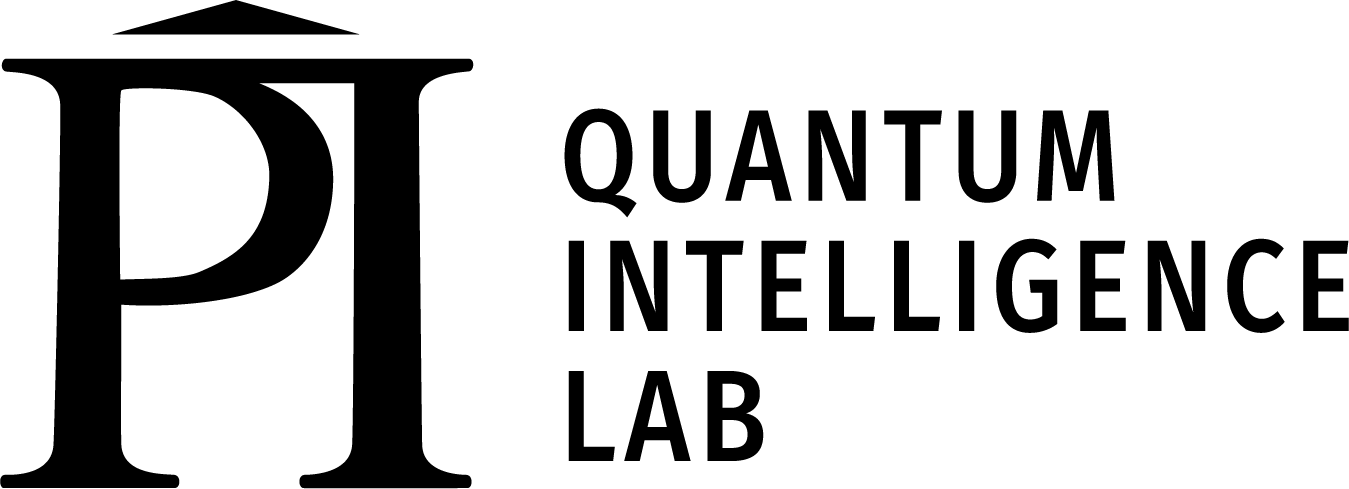New Frontiers in Machine Learning and Quantum
PI/1-100 - Theatre
Perimeter Institute for Theoretical Physics

This workshop will bring together a group of young trendsetters working at the frontier of machine learning and quantum information. The workshop will feature two days of talks, and ample time for participants to interact and form new collaborations in the inspiring environment of the Perimeter Institute. Topics will include machine learning, quantum field theory, quantum information, and unifying theoretical concepts.
Territorial Land Acknowledgement
Perimeter Institute acknowledges that it is situated on the traditional territory of the Anishinaabe, Haudenosaunee, and Neutral peoples.
Perimeter Institute is located on the Haldimand Tract. After the American Revolution, the tract was granted by the British to the Six Nations of the Grand River and the Mississaugas of the Credit First Nation as compensation for their role in the war and for the loss of their traditional lands in upstate New York. Of the 950,000 acres granted to the Haudenosaunee, less than 5 percent remains Six Nations land. Only 6,100 acres remain Mississaugas of the Credit land.
We thank the Anishinaabe, Haudenosaunee, and Neutral peoples for hosting us on their land.
